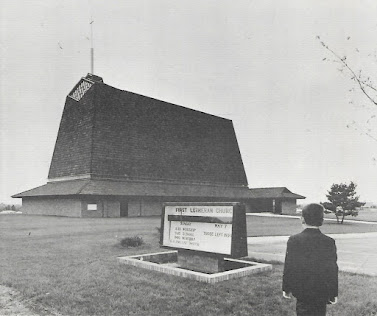A New Commandment
By Diane Harpster, Administrative Assistant to the Bishop
Dare
to love and to be a real friend. The
love you give and receive is a reality that will lead you closer and closer to
God as well as those whom God has given you to love.
-Henri Nouwen
As I write this, our Lenten journey
has brought us once again to Holy Week. In these next few days in worship we walk
through the story of Jesus’ passion,
death, and resurrection. Each year, I
try to somehow imagine what those actual days must have been like; for Jesus,
for his disciples, for those who loved Jesus and must have been confused and
afraid by events unfolding around them.
What would it have felt like to be present in those days?
I find it difficult to fully
grasp the pain of witnessing Jesus’ crucifixion. I can hardly stay present even in my
imagination. It is equally difficult to
transport myself to the empty tomb as a witness to the reality of resurrection
from death; a thing that has never happened
before.
But the story shared in the Maundy
Thursday worship service is something that feels a bit more accessible to my
own life experience. At the heart of that
worship liturgy is Jesus’ command to us to love one another. (The word “Maundy” comes from the Latin
“mandatum”, meaning “commandment”). As
Jesus gathered with his disciples during the Last Supper, he said to them: “I give you a new commandment, that you love
one another. Just as I have loved you,
you also should love one another.” (John
13:34 NRSV).
At this meal, Jesus doesn’t
just talk about love. He gets down on
his knees and washes the dusty, dirty, feet of those joining him at the
table. It becomes a sign – as does the
sharing of bread and wine - of how far this command to love is going to take
him. It will lead to the cross. Jesus’ presence to his friends was as a
servant who would give his life away for others.
Our congregation’s Maundy
Thursday worship includes foot washing.
It’s an incredibly intimate and vulnerable ritual for a worship service,
which may be why children, who may be less self-conscious, are often more open
to the invitation to come forward. But
it helps me visualize what it may have been like as a disciple to have my
friend, Jesus, insist on washing my feet as the host of this special meal. Again, I am sure that I wouldn’t have
understood any more than the disciples did that evening. But looking into the story from my time and
place, and knowing how things turned out, I can feel wonder and gratitude that
it is this kind of presence that our loving God chooses to be for us. And it is this kind of presence God calls us
to be for one another.
Not that it’s easy to live
out Jesus’ commandment to love. This
Maundy Thursday, I am seeing God’s presence and self-giving love in others
around me. I am humbled by the petite,
pony-tailed, CNA near the end of her twelve-hour shift on the mental health floor,
sharing a light-hearted joke to make a patient smile. I give thanks for the husband, doing his best
to honor and care for his wife of 60-plus years as she faces a variety of
health issues. I am grateful for the
co-worker whose daily kindness and encouragement lightens the load of those
around her, even as she negotiates transitions and challenges in her own life. I hope to learn from the example of my friend
who shows up quietly wherever there is a need, simply being Christ for others
in his kindness and caring.
Who are those signs of loving
presence in our lives who give themselves away for the sake of others? They are, indeed, presents to us. How do we notice their presence? How do we let them know what it means to
us? How do they inspire and strengthen
us to become that loving presence for others?
As my favorite mystic, Henry Nouwen, indicates in his words above, in
living out God’s commandment to love one another, we find our true selves, held
in God’s love.
Thank you, God whose love has no ending, for those you
place in our lives as signs of your presence and care. Help us notice them and appreciate them. Give us grace to give ourselves away lavishly
because, in the incredible joy and hope of the resurrection, we have nothing to
fear. Amen.




Comments
Post a Comment